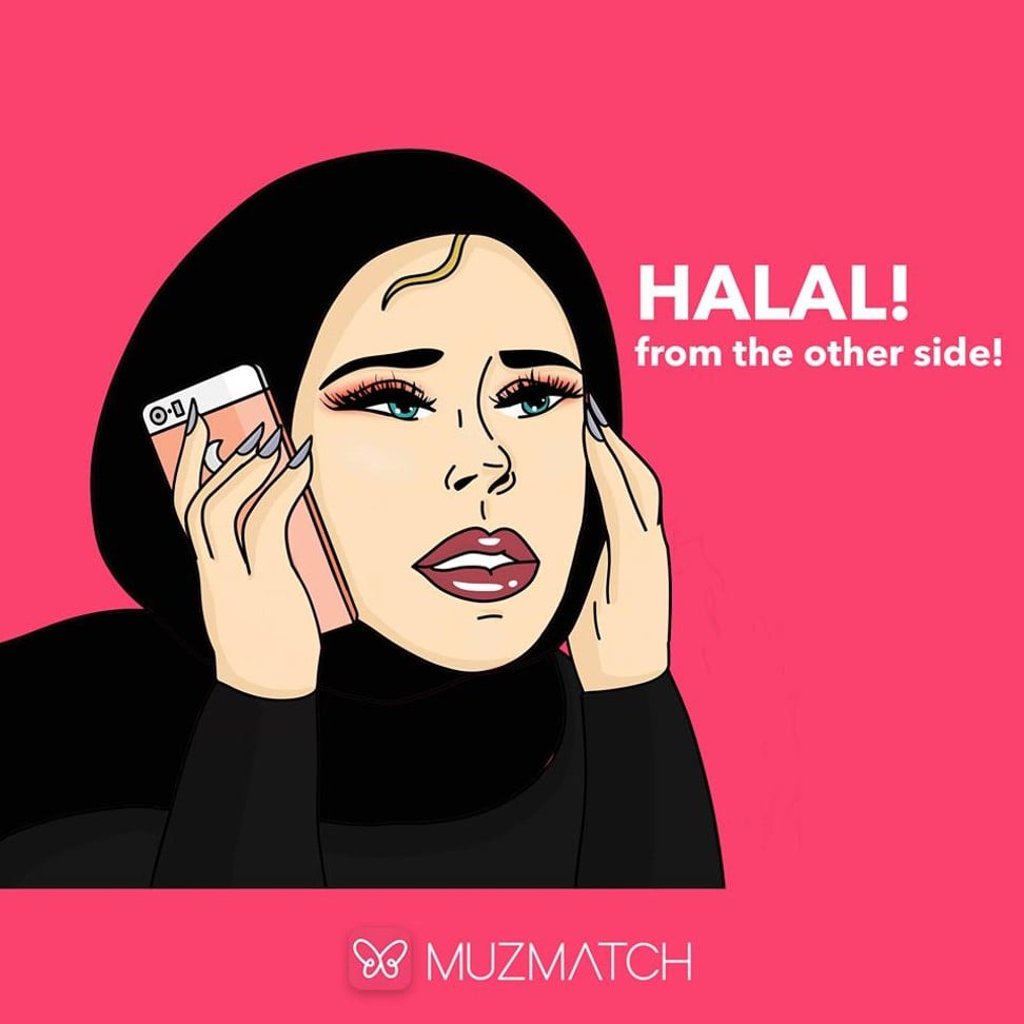Muslim matchmaking app Muzmatch is no Tinder – it’s all about people looking for marriage
- Muzmatch has almost one million users and was founded by an ex-Morgan Stanley banker
- The app is for Muslims who are looking to find a partner to marry. There is even a chaperon feature

Muzmatch is targeted at finding marriage partners for Muslims around the world – and it claims to be close to hitting one million users globally.
Operating in almost every country – though most popular in Britain, the US and Canada – the location-based app shows users the most relevant people near them based on a “sophisticated algorithm” that considers a number of different factors based on information they provide in their profiles.
Muzmatch was the brainchild of 34-year-old Shahzad Younas, a former Morgan Stanley banker who left his job in June 2014 to learn how to build apps after he had the idea for the company.

“I thought, ‘Why is nobody doing an app for the Muslim market?’ We didn’t have anything, we were still on websites.”
As a Muslim himself, he says he understood “the market, the audience and the problem” – something other companies had a lack of expertise in.